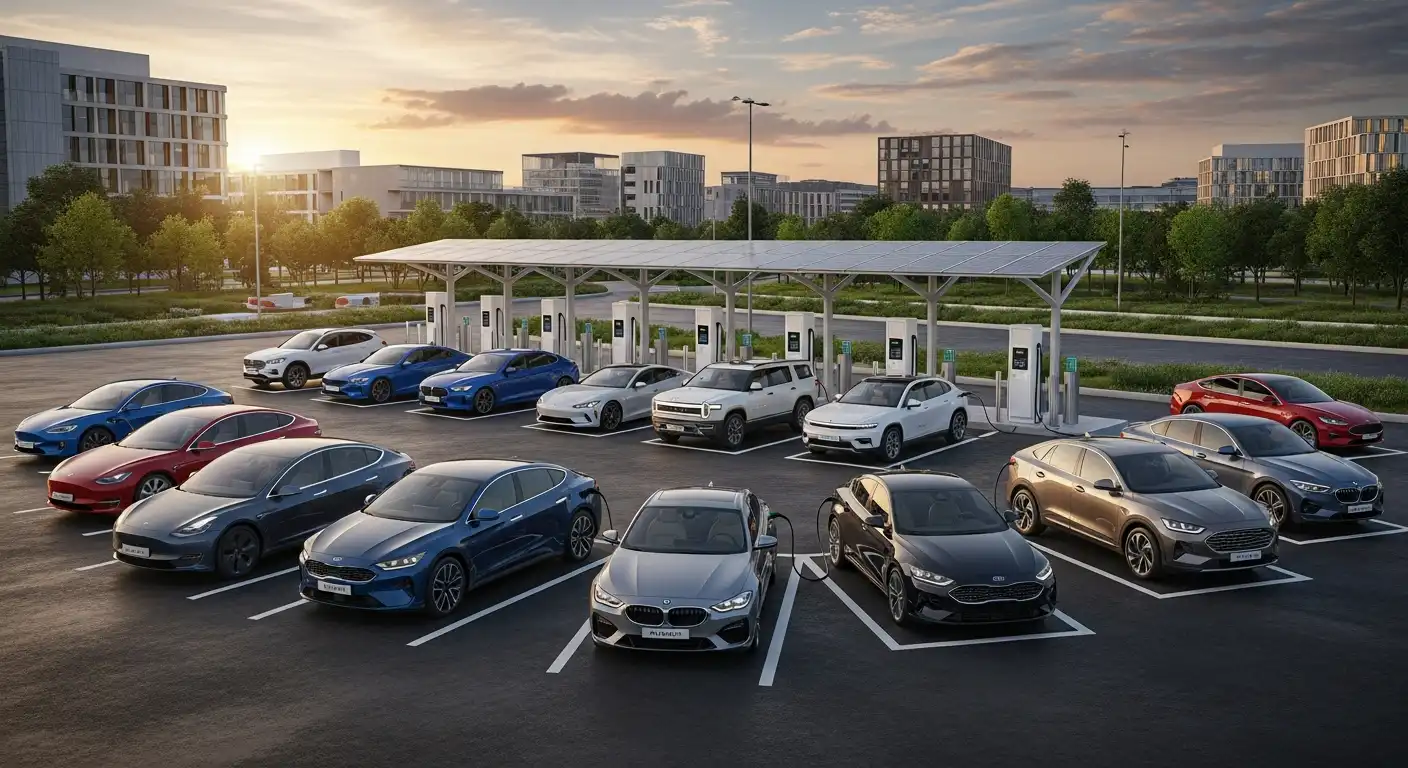The automotive industry is at a crossroads, and electric vehicles (EVs) are steering towards a cleaner, more sustainable future. EVs have emerged as a beacon of hope in addressing the pressing challenges of climate change, pollution, and finite fossil fuel resources. As the world focuses on reducing carbon emissions and transitioning to renewable energy sources, the widespread adoption of electric vehicles becomes increasingly imperative.
One of the most remarkable aspects of electric vehicles is their potential to significantly reduce greenhouse gas emissions. Unlike traditional internal combustion engine vehicles that rely on fossil fuels, EVs are powered by electricity generated by renewable energy sources such as solar and wind.
The shift to electric vehicles promises a substantial reduction in carbon dioxide emissions and plays an essential role in mitigating the effects of climate change. Furthermore, EVs improve air quality, especially in densely populated urban areas where air pollution poses a severe health risk. Eliminating tailpipe emissions from conventional cars reduces harmful pollutants, including nitrogen oxides, particulate matter, and sulfur dioxide.
Cleaner air translates to improved respiratory health for individuals and a higher overall quality of life for communities. In addition to the environmental benefits, integrating electric vehicles fosters technological innovation and economic growth. The rapid advancements in battery technology and charging infrastructure are spurring a burgeoning industry that supports job creation and economic development. Governments and the private sector invest heavily in research and development to enhance battery efficiency, charging speeds, and vehicle performance.
However, challenges remain in achieving widespread adoption of electric vehicles, including concerns about the availability and accessibility of charging stations, battery life, and the affordability of electric cars. Policymakers, industry stakeholders, and innovators must collaborate to address these challenges effectively. Substantial investments in charging infrastructure, incentives for EV purchases, and advancements in battery technology are essential components of a successful transition to electric vehicles.
Electric vehicles represent a critical component of a sustainable transportation future. The continued dedication to innovation, investment, and supportive policies will drive the widespread adoption of EVs, ensuring a cleaner, greener, and more sustainable world for generations to come.







